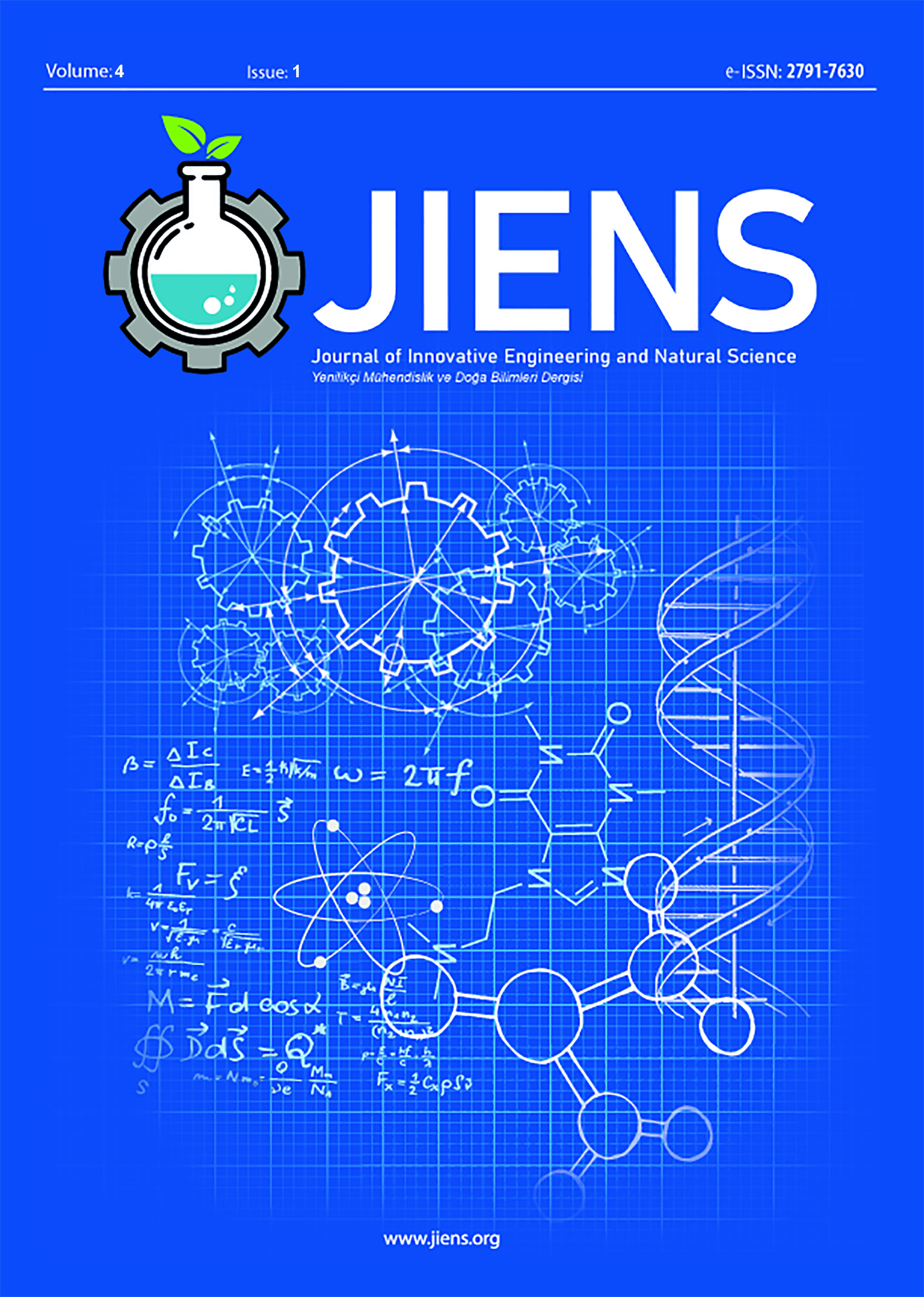Author :
Abstract
Bu deneysel çalışma kapsamında geleneksel Portland çimentosu yerine petrol endüstrisinde yan ürün olarak açığa çıkan kükürte, inşaat sektöründe alternatif kullanım alanı oluşturmak için beton olarak kullanılması amacıyla yaygınlaşan kükürt polimer betonlardan (KPB) üretilen parke taşlarının yol kaplamasında kullanılabilirliğinin araştırılması amaçlanmıştır. Bu çalışmada; bitüm ile modifiye edilen KPB kullanılarak hazırlanan parke taşları üzerinde böhme aşınma dayanımı, ağırlık kaybı, basınç ve yarmada çekme dayanımı, su emme oranı ile görünür porozite deneyleri yapılmıştır. KPB parke taşlarının deneysel sonuçlarının karşılaştırmalı olarak değerlendirilebilmesi için aynı basınç dayanımına sahip Portland çimento betonu (PÇB) numuneleri hazırlanmış ve Marmara bölgesinde bulunan 2 farklı firmadan fabrikada üretilmiş olan ve uygulamada kullanılan prizma parke (PP) ve kilitli parke (KP) numuneleri temin edilerek aynı deneyler bu numuneler üzerinde de yapılmıştır. Aşınma deneyleri sonucunda PP ve KP numunelerinden elde edilen hacim kaybı değerinin KPB’lerde meydana gelen aşınma miktarının yaklaşık olarak 7 katı olduğu ve kükürt bağlayıcılı beton kullanımı ile aşınmanın %86 oranında azaltılabileceği görülmüştür. PÇB’lerin KPB’lere oranla daha boşluklu olduğu ve bu nedenle KPB’lerin diğer numunelere göre su emme oranlarının daha düşük seviyede olduğu sonucuna varılmıştır. KPB parke taşların ilgili standartlarda verilen limit değerleri sağladığı ve yol kaplaması olarak kullanılabileceği belirlenmiştir.
Keywords
Abstract
|
Within the scope of this experimental study, it is aimed to investigate the usability of paving stones produced from sulfur polymer concrete (SPC), which has become widespread to use sulfur, which is released as a by-product in the petroleum industry instead of traditional Portland cement, as concrete to create an alternative usage area in the construction industry. In this study, Bohme abrasion rate, weight loss, compressive strength, splitting tensile strength, water absorption rate, and apparent porosity tests were carried out on paving stones prepared using SPC modified with bitumen. Portland cement concrete (PCC) samples with the same compressive strength were prepared and locked parquet (LP) and prism parquet (PP) samples, which were produced in the factory and used in the application, were obtained from 2 different companies in the Marmara region and the same experiments were carried out also done on these samples to compare the experimental results of SPC paving stones. As a result of the abrasion rate tests, it was seen that the volume loss value obtained from the PP and KP samples is approximately 7 times the amount of wear in the KPBs, and the wear can be reduced by 86% with the use of sulfur-based concrete. It was concluded that PCC has more voids than SPC, and therefore, water absorption rates of SPC are lower than other samples. It was determined that SPC paving stones meet the limit values given in the relevant standards and can be used as road pavement. |





